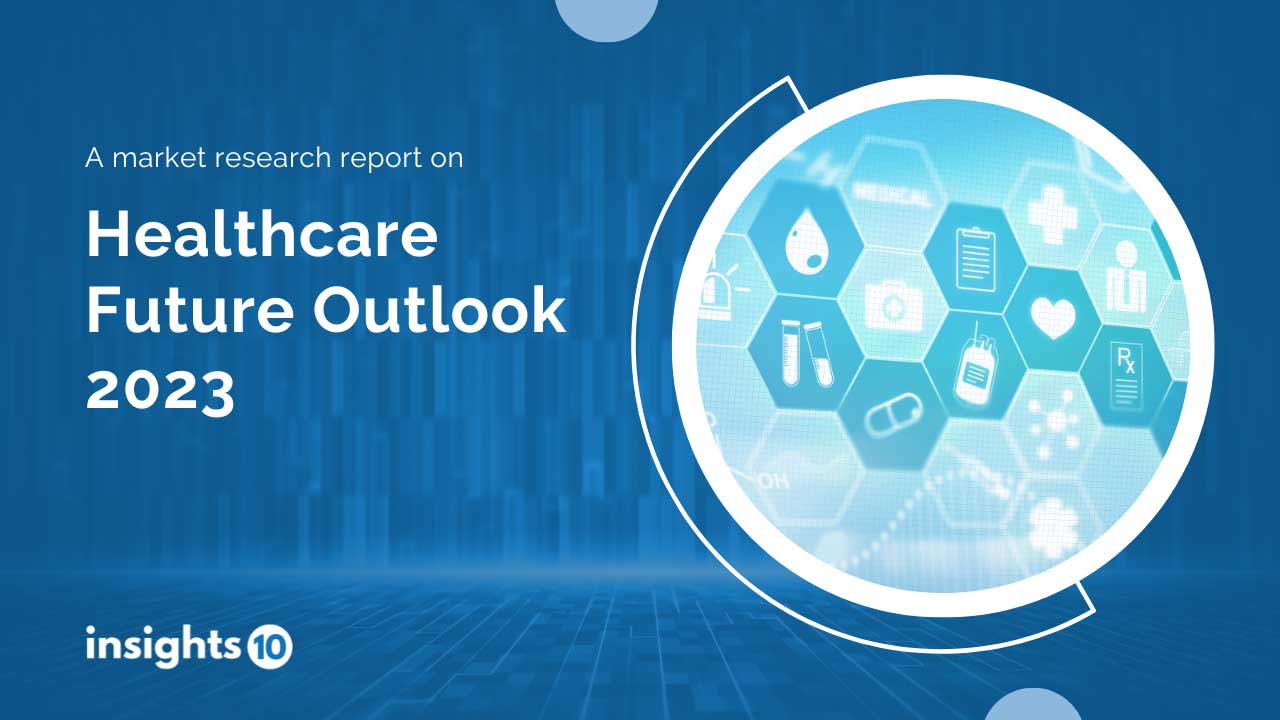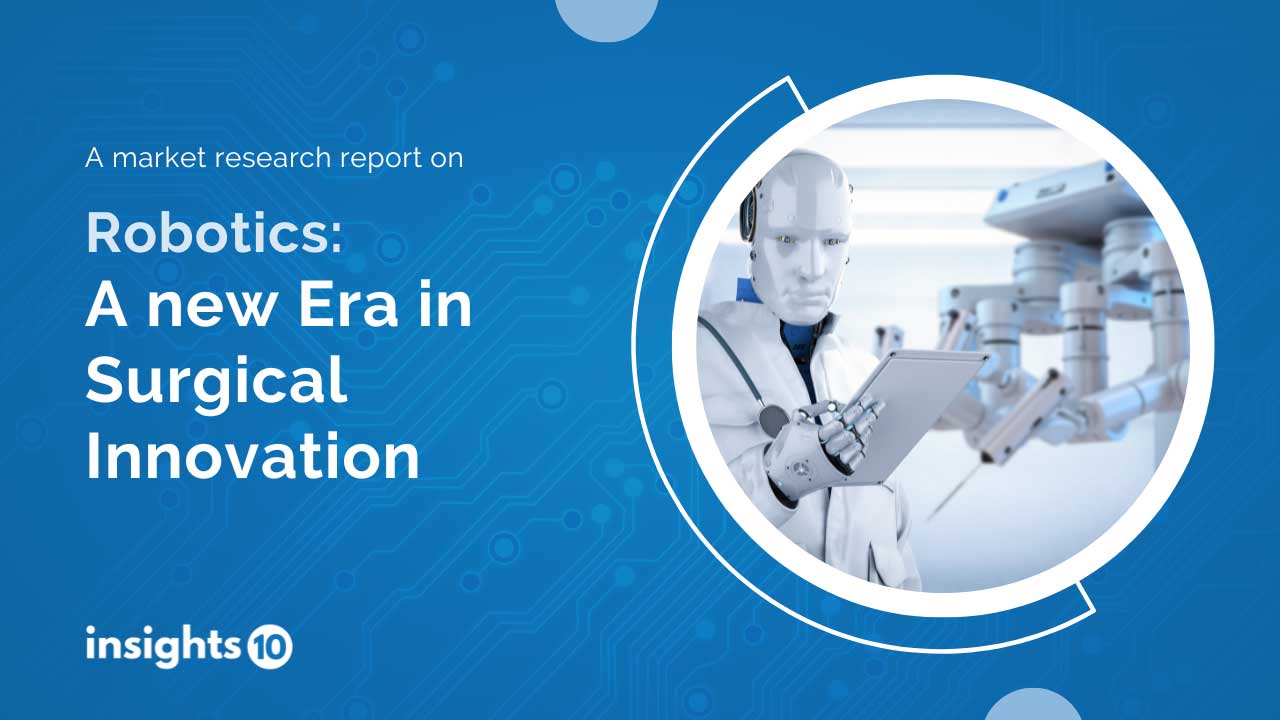16 Results (Page 1 of 1)
All Trending Market Research Reports
10 Healthcare Players aiming Beyond Health Equality to Conquer Health Equity
Pharma's reputation may have improved during the pandemic, but that also meant that diversity, equity, and inclusion (DEI) issues were given more attention. Pharma companies have mostly concentrated on equality in recent years, but this new era of health equity is needed to address the expanding population's DEI challenges.
10 Ways in which Technology is Driving Better Efficiency in Clinical Trials
New technological innovations are improving the efficiency and productivity of clinical trials using novel outcomes, increasing patient engagement, and reducing patient burden.
Top 10 Transformative Femtech Solutions You Need to Track Today
Entrepreneur Ida Tin originally used the term "Femtech" in 2016. It has expanded over the course of just a few years to include a variety of technologically enabled consumer-focused products and solutions.
Fringes to Forefront: mRNA is here to transform global healthcare
Even though mRNA therapies have recently generated a lot of hype, few businesses have been able to advance their concepts and turn science into clinical reality. Vaccines have been used to prevent diseases including COVID-19, polio, and smallpox for ages.
Headwinds of Patient Access Transformation
Healthcare providers are moving the needle in the healthcare delivery landscape with the advent of digital health and technology solutions. Momentum around digital transformation continues to build, which aims to enhance consumer engagement and patient access.
Russia-Ukraine War: Possible Endgame & Opportunities for Life Sciences Players
Russia’s invasion of Ukraine had a negative influence on healthcare. The economy, infrastructure, and society, healthcare systems suffer greatly as a result of the interruption.
10 Ways in which Current Macro Upheavals in China will Impact Global Life Sciences Industry
The globalization of China's life science sector analyzes the Chinese government's backing for the healthcare industry and its effects on global political and economic ties as well as on worldwide scientific innovation.
Provider-payer Collaboration: New Secret for Value-based Success is Out Now
Transformations in care delivery models have propelled providers and payers to foster collaborations that will not only impact the quality of the care but also enhance their financial stability. These collaborations are majorly value-driven that partly contributes to social determinants of health and overall enhances patient health.
Healthcare Future Outlook 2023, Insights10
As the entire world healthcare system is recovering from the impact of COVID – 19, it is constantly evolving for providing better patient care and medical services. Advancement in technologies such as AI, cloud computing, robotics, EHR will seem to take over the trends for the upcoming year as personalized treatments and customized solutions have shown to make their way into the healthcare system.
Digital Therapeutics Regulatory Process, Updates and Trends
The market for digital therapeutics (DTx) is expanding tremendously, aided by the increased popularity of decentralized medicine that the pandemic brought about. The global market for DTx was predicted to be worth $3.35 billion in 2021 and would grow to $12.1 billion by 2026.
Inflation Reduction Act 2022
Last month, the Biden-Harris Administration took a new stance on healthcare costs rising exponentially across the US by signing the Inflation Reduction Act (IRA). IRA passage with provisions aiming to reduce out-of-pocket costs is truly the capstone achievement.
Key AI Trends Propelling a Sea Change in Post-pandemic Care
Care delivery models are taking a paradigm shift with the advent of novel technology solutions across the healthcare and life sciences industry. AI and ML applications are partly to take credit in this transformation which has facilitated delivery of high-quality care services more conveniently.
Robotics - A New Era in Surgical Innovation
Large incisions have been used by surgeons for generations to perform surgery, introduce the required surgical equipment, and get a complete view of the organ they needed to treat. The new era of robotic surgery has come into the limelight in the last two decades.
Key Disease Areas where Digital Therapeutics is Booming ?
With the prevalence of fatal diseases escalating across disease areas, digital therapeutics have played a pivotal role in catering to patients outside of hospital setups. DTx has emerged as a novel category of medical interventions that are poised to disrupt the traditional care delivery spectrum.
Shifting Sands of Medical Device Markets
Pandemic-infused demand for remote care solutions has grown dramatically in recent times, medical devices being the cornerstone in this area. With these devices instituting a paradigm shift in care delivery models, we undertook a critical assessment of Medical Device Markets and attempted to determine the key innovations.
Metaverse: Paving the way for Health 4.0
The medical sector's innovations drive ongoing change in the healthcare technology sector. From MRI scans and X-rays to robotic surgery and virtual reality, the healthcare industry is undergoing a significant digital shift.

















